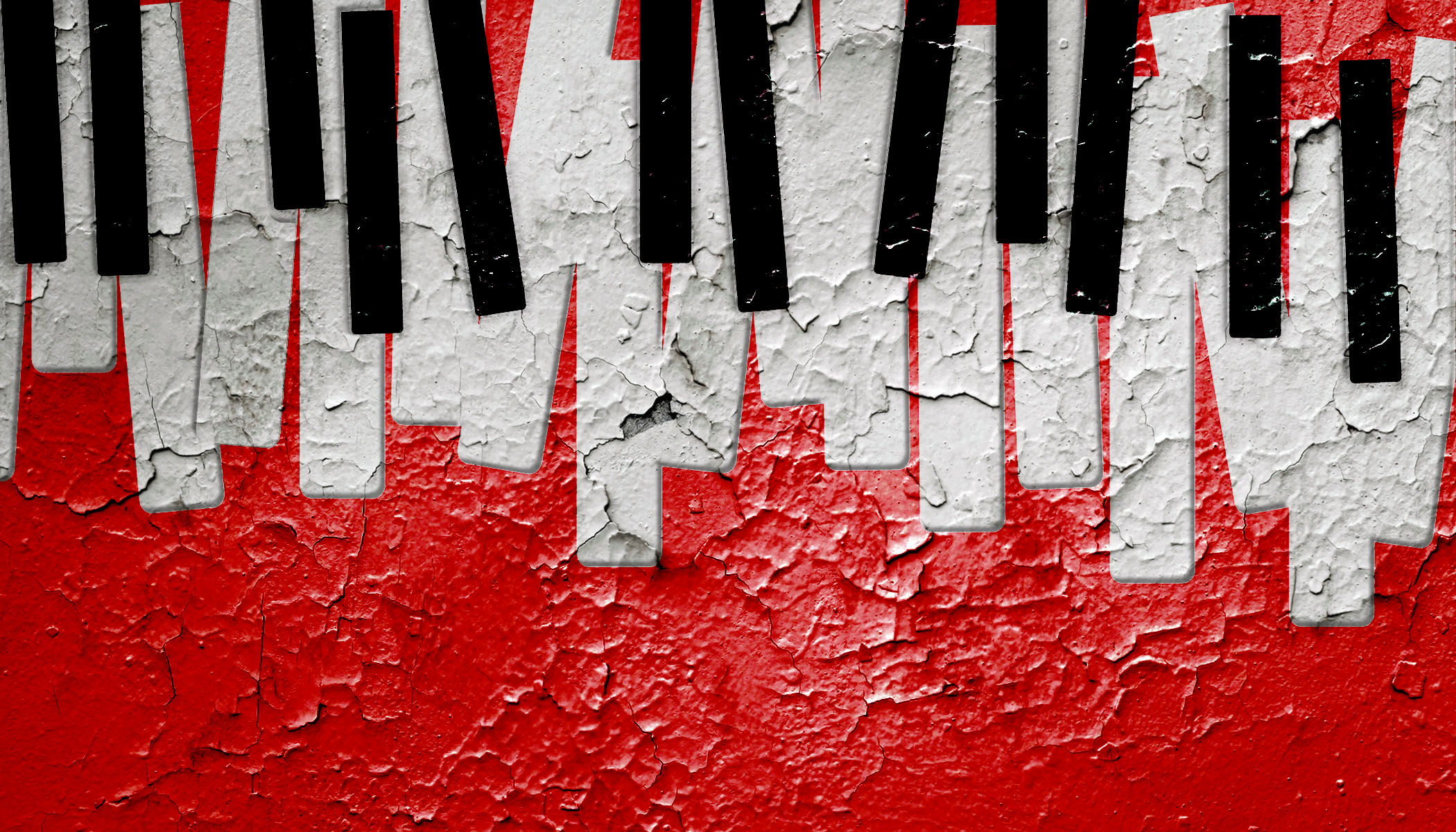Bail out classical music
At a time when most of the 1,224 symphony orchestras scattered across the United States were already struggling financially, the cancelation of the spring musical season is nothing short of a disaster


A free daily email with the biggest news stories of the day – and the best features from TheWeek.com
You are now subscribed
Your newsletter sign-up was successful
After weeks of mostly pointless debate, it appears that Congress is finally about to send an economic stimulus bill to President Trump. The version of the relief package that passed unanimously in the Senate on Wednesday and is expected to breeze through the House by Friday will offer both expanded unemployment insurance and direct payments to millions of Americans affected by the coronavirus pandemic, in addition to the usual more or less unavoidable carve-outs for finance and other business interests.
One provision of the bill that has not met with universal acclaim is the earmarking of $25 million for the Kennedy Center in Washington, D.C. Matt Schlapp, the chairman of the American Conservative Union, tweeted that the board of the performing arts center should "Show us You care [sic]" by giving away the money to a local charity.
I also take issue with this move, which has been vigorously defended by President Trump (of all people), albeit for very different reasons. Why should only the Kennedy Center be receiving these funds? Classical music is just as important in Cincinnati and Kalamazoo as it is in Washington. At a time when most of the 1,224 symphony orchestras scattered across the United States were already struggling financially, the cancelation of the spring musical season is nothing short of a disaster. When it finally becomes possible to hold public concerts again, it is likely that nearly every major orchestra and opera company in this country will be struggling to reopen the doors.
The Week
Escape your echo chamber. Get the facts behind the news, plus analysis from multiple perspectives.

Sign up for The Week's Free Newsletters
From our morning news briefing to a weekly Good News Newsletter, get the best of The Week delivered directly to your inbox.
From our morning news briefing to a weekly Good News Newsletter, get the best of The Week delivered directly to your inbox.
We should prevent this from becoming an issue. If we have learned anything from the last several weeks it is that despite the habits into which so many of us had lapsed before the pandemic, bare life in front of a screen, sated by digital media and delivery apps and algorithmically abetted social interaction, is not the same thing as humanity. Human life is something else, something that involves other people and values that transcend mere survival. Human life lived in concert with others is about, above all, love. Nothing tells us more about humanity and these universal human aspirations than art and music.
This is why recent efforts like the Met's program of free streaming Wagner operas or the "Bedtime With Bach" series put on by the Arkansas Symphony Orchestra are so heartening. It is one thing to sit back and listen to one's favorite performances in a vacuum; it is another to recognize that across the country there is a community of listeners who also understand the value of classical music: not as a class totem (if anything, genuine love of this stuff has in my experience tended to skew down rather than up the economic ladder) or a dead museum piece but as a living heritage, something from which enormous pleasure and consolation is derived.
This is also why we should do more than bail out the Kennedy Center, which, frankly speaking, will emerge from this pandemic season in a far less precarious position than hundreds of similar institutions across the United States. We must put ticket prices within the range of ordinary people. We must ensure that musicians and singers are able to support themselves. We must, above all, give young people of all social and economic backgrounds the ability to listen to this music, not in the random stumbling manner made possible by streaming services but with learned and loving introductions that will convey to them something of the solemn majesty of Purcell, the gaiety of Handel, the passionate moralism of Haydn, and the unrestrained exuberance of Beethoven. Such a project should not be archeological or even, in the contemporary sense of the word, educational: It should be a political one, for only a people capable of recognizing horizons beyond mere survival and economic gain — the sublime vista afforded to us by instruments and the human voice — will have the civilizational will to continue.
If it is worth bailing out restaurants and bars and other places where people congregate together for merriment and diversion, we must not neglect those institutions in which men and women come together for something that satisfies all the deepest longings of our species.
A free daily email with the biggest news stories of the day – and the best features from TheWeek.com
Matthew Walther is a national correspondent at The Week. His work has also appeared in First Things, The Spectator of London, The Catholic Herald, National Review, and other publications. He is currently writing a biography of the Rev. Montague Summers. He is also a Robert Novak Journalism Fellow.
-
 Political cartoons for February 20
Political cartoons for February 20Cartoons Friday’s political cartoons include just the ice, winter games, and more
-
 Sepsis ‘breakthrough’: the world’s first targeted treatment?
Sepsis ‘breakthrough’: the world’s first targeted treatment?The Explainer New drug could reverse effects of sepsis, rather than trying to treat infection with antibiotics
-
 James Van Der Beek obituary: fresh-faced Dawson’s Creek star
James Van Der Beek obituary: fresh-faced Dawson’s Creek starIn The Spotlight Van Der Beek fronted one of the most successful teen dramas of the 90s – but his Dawson fame proved a double-edged sword
